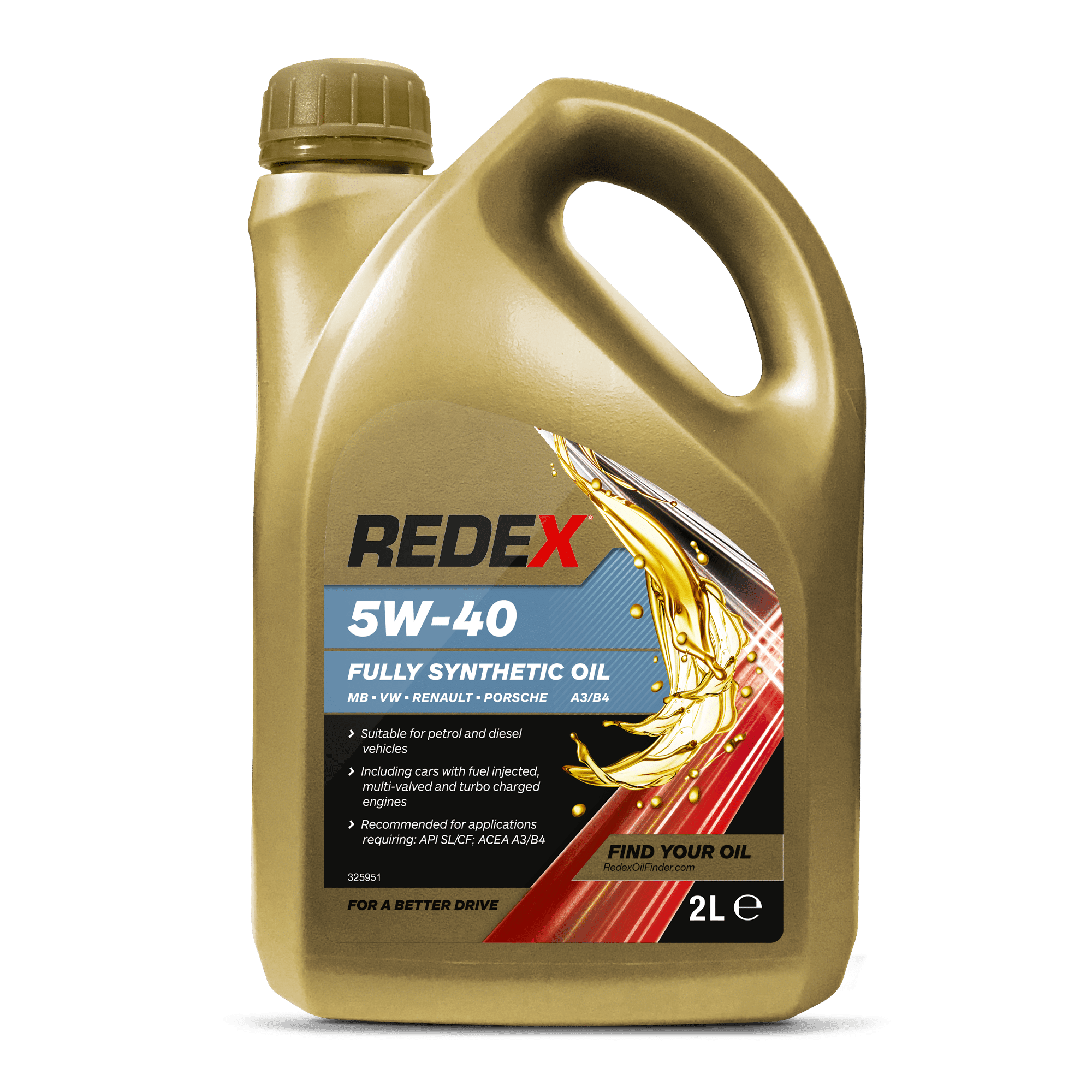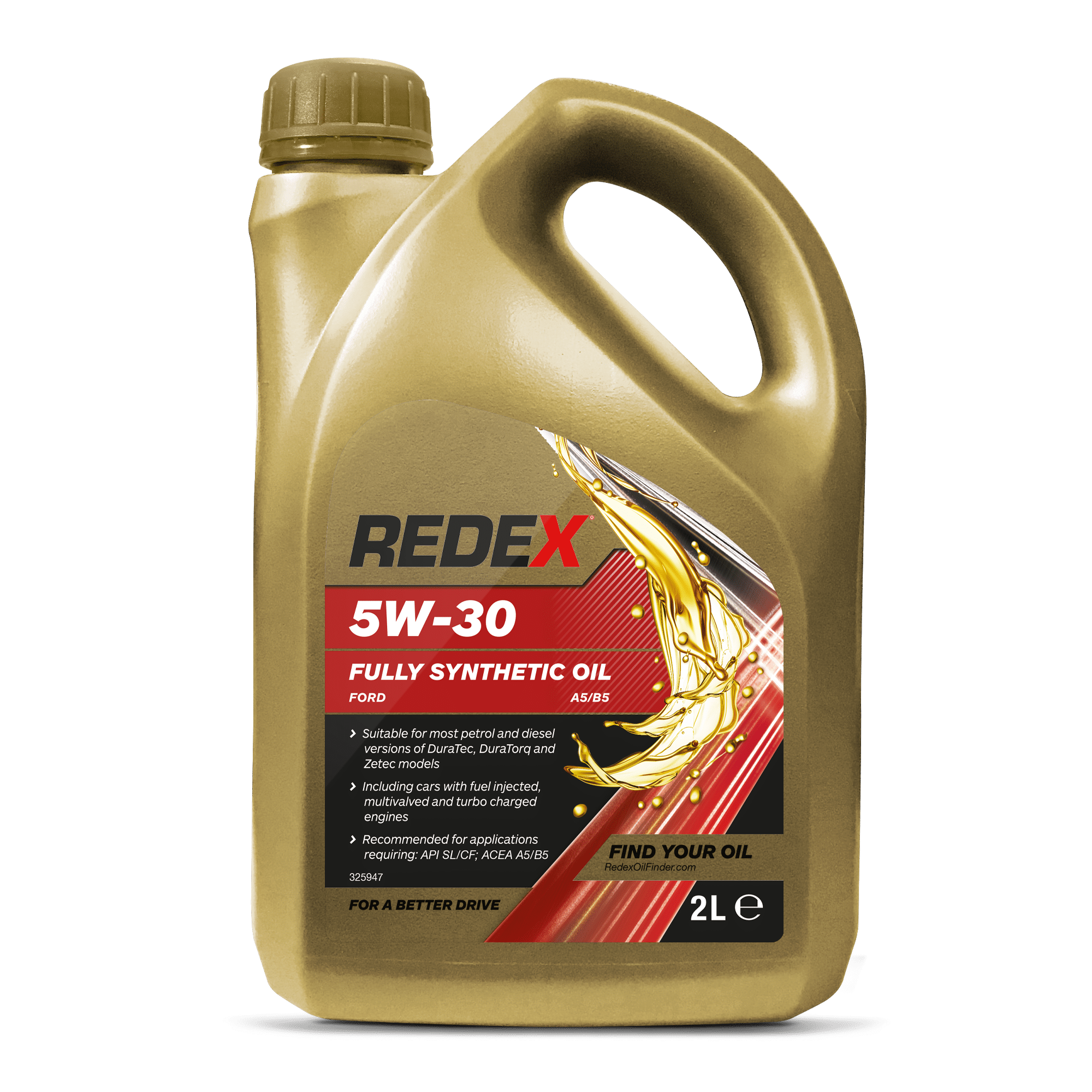5W-30 and 5W-40 are among the most common engine oil types. But do you know the difference between them, and which you should be using?
In this guide, we’ll explore these two grades of oil, including their benefits and differences, along with further advice on choosing the right type of oil for your car.
Quick Links
- What do the Letters and Numbers Mean on Engine Oil?
- What is 5W-30 Engine Oil?
- What is 5W-40 Engine Oil?
- Should I Use Fully Synthetic Engine oil?
What do the Letters and Numbers Mean on Engine Oil?
Before we look at 5W-30 and 5W-40 engine oil specifically, it’s worth recapping what the letters and numbers on engine oil represent:
- ‘W’ = Winter temperature protection level
- The number after the ‘w’ = viscosity level (thickness)
Engine oils are given an overall grade based on their viscosity level and winter temperature protection level. The main thing to remember is that the higher the oil viscosity number, the thicker (more viscous) it will be in warmer temperatures.
Read our comprehensive engine oil guide for more information on oil grades.
What is 5W-30 Engine Oil?
The ‘5W’ means that it has a cold temperature rating of -25°C. Therefore, the engine will be protected down to this temperature and will be able to function as normal.
The viscosity level of this oil is ‘30’. That means it’s well suited to warmer temperatures but doesn’t offer quite the same warm-temperature protection as ‘40’, which we’ll come to next.
What is 5W-40 Engine Oil?
The same as above, the cold temperature rating of this oil is -25°C. The difference between the two sits in the number after the ‘W’.
This oil has a higher viscosity level, which means that it provides slightly better protection in warmer weather than ‘30’ oil.
Should I Use Fully Synthetic Engine Oil?
Fully synthetic oil is widely considered the gold standard of engine oil available for your car. It provides outstanding protection and long-lasting lubrication, so if you care about your car’s engine and have the cash to spend on it, this is the product you want.
Fully synthetic oils tend to last longer between oil changes, meaning that you won’t need to change the oil as often. This makes it more environmentally friendly as there is less waste and may also offset the higher cost of the oil in comparison to non-synthetic and part-synthetic oils.
Synthetic oil also has improved efficiency since it flows better, ultimately allowing engine components to turn more easily for better performance, lower emissions and reduced engine wear.
Finally, it offers outstanding protection for internal engine components, with long-lasting lubrication reducing the likelihood of wear and corrosion.
Remember, the Redex Oil Finder makes it quick and easy to find the right engine oil for your car based on your reg number. For more information, view our full range of premium engine oils.



